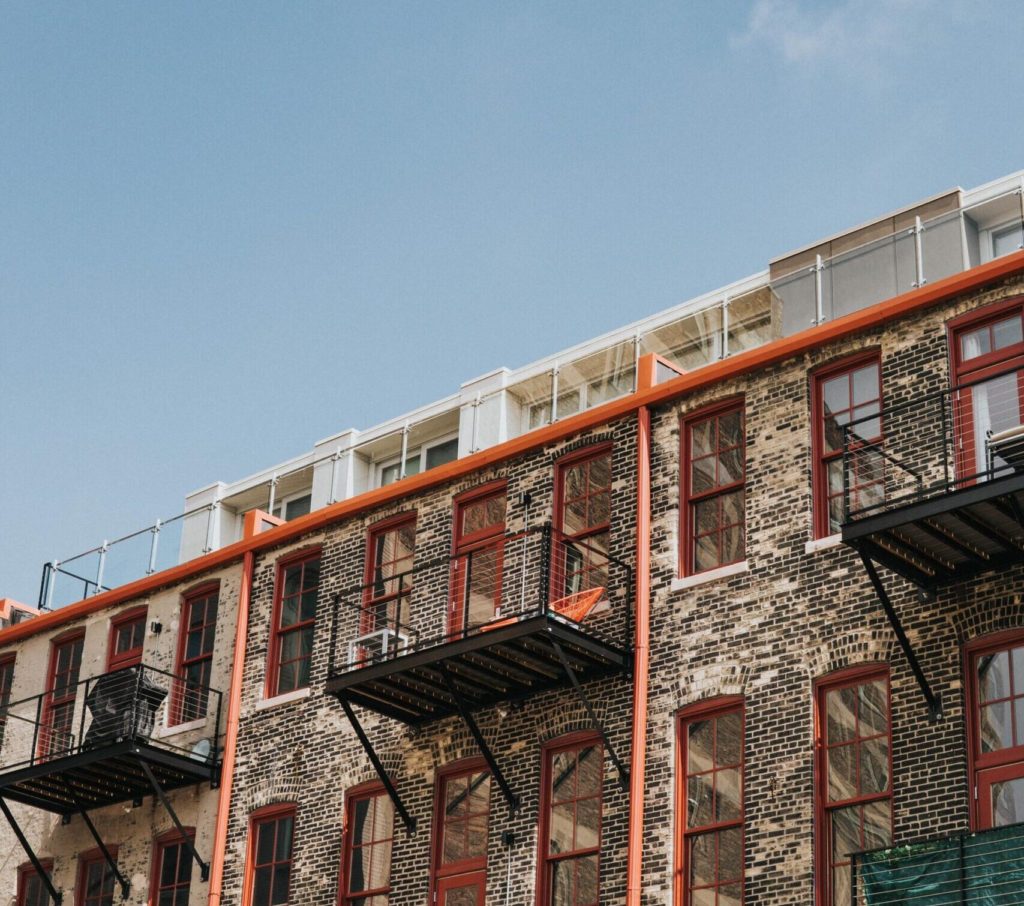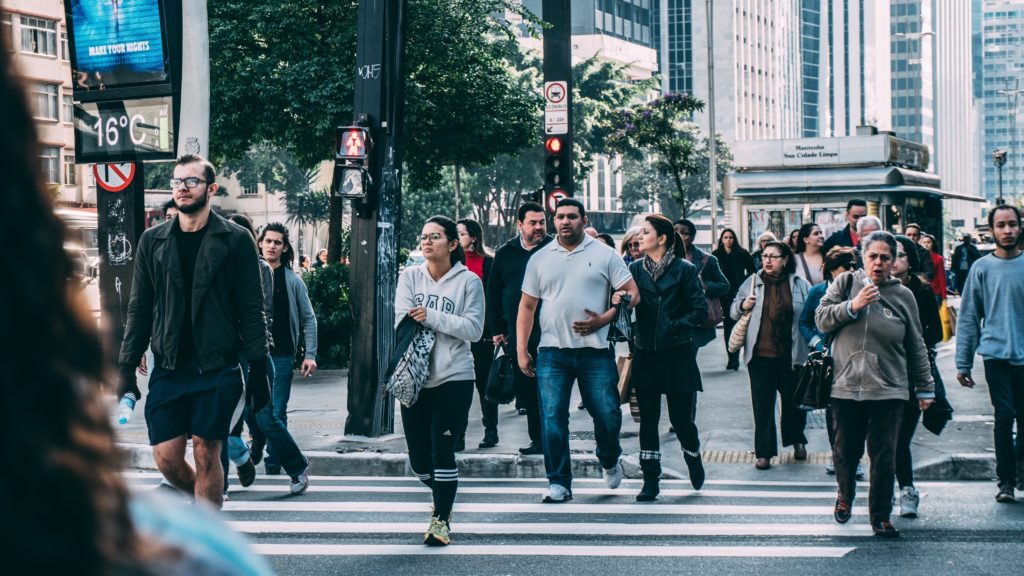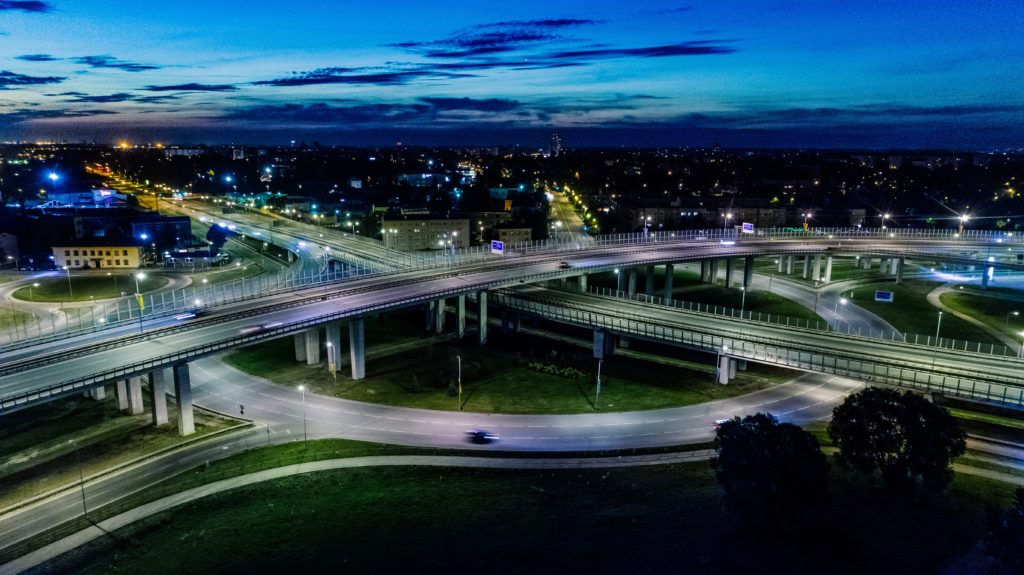
Increasing Access to Employment Opportunities for Every Milwaukeean
In Milwaukee, more than 17 percent of Black residents are unemployed, compared to more than 4 percent of white residents. A key to closing this widening economic gap is giving individuals more workforce development opportunities and access to job prospects. Employ Milwaukee, the local workforce development board serving Milwaukee County,... Read more

Bolstering Homeownership to Build Neighborhood Resilience
Like many U.S. cities, Milwaukee is dealing with an affordable housing crisis, with many residents often spending 50 to 80 percent of their income on rent or mortgage payments and homeownership rates dropping by nearly 14% over the last decade. Black residents in Milwaukee are especially strained, with 40% of... Read more

Creating a Strategic Plan to Broaden Economic Prosperity
Kansas City has enjoyed a renewal in recent years, with billions of dollars transforming its downtown. But not all neighborhoods in the metropolitan area have benefited equally. The mayor and city leaders want to refocus economic development to be more inclusive and align these strategies with other key objectives, such... Read more

Forging Multi-Stakeholder Collaboration for Community Economic Development
Wichita is working to bring economic opportunity to low-income and underdeveloped neighborhoods. Also located within a number of these neighborhoods are Opportunity Zones, designated disadvantaged areas that can potentially benefit from a federal tax incentive aimed at promoting economic development. To spark and sustain economic development in these areas, the... Read more

Recruiting a High Quality and Diverse Police Force to Restore Community Trust
Recruiting and retaining police officers who are representative of all communities is a major challenge for law enforcement agencies. St. Louis is no exception but has been working diligently to increase the diversity of its police officers to better reflect the demographics of the communities it serves. FUSE Executive Fellow... Read more

Building a Transportation System for the Future
Population growth, environmental concerns, and technological innovation are transforming how people get around in the city of St. Paul. To get ahead of these advances and ensure that the benefits of modern transportation are shared by all residents, the city’s Public Works department hired FUSE executive fellow Julie Sell. Julie... Read more
Creating a More Equitable Process for Determining Bail
The incarceration rate in St. Louis is almost three times the state-wide rate in Missouri. In response to this disparity, the city set a goal of reducing the jail population by 40 percent over five years. The Department of Public Safety enlisted FUSE executive fellow Wilford Pinkney Jr. to work... Read more

Developing a Criminal Justice Coordinating Council to Advance Social Justice
To ensure the fair administration of criminal justice, St. Louis and the 22nd Judicial Circuit are working to improve communication, collaboration, and planning. To this end, FUSE Executive Fellow Debbie Allen helped operationalize and institutionalize a Criminal Justice Coordinating Council (CJCC), for which she then served as interim executive director.... Read more

Transforming Transportation Technology for Communities
The technologies behind such developments as smart infrastructure, ride-sharing, and driverless vehicles are changing how people get around. To prepare for these changes and ensure that all residents benefit, especially those in traditionally underserved communities, the Minneapolis Department of Public Works enlisted help from FUSE Executive Fellow Danielle Elkins. Through... Read more

Spurring Community-Oriented Redevelopment in Indianapolis’s Far Eastside
The Far Eastside of Indianapolis is facing stigma, disinvestment, and economic stagnation. To help address this situation, the Mayor’s Office, the Central Indiana Community Foundation, and the Finish Line Foundation engaged FUSE Executive Fellow Lisa Marie Gala to help identify strategies and best practices for revitalization. After an extensive landscape... Read more
